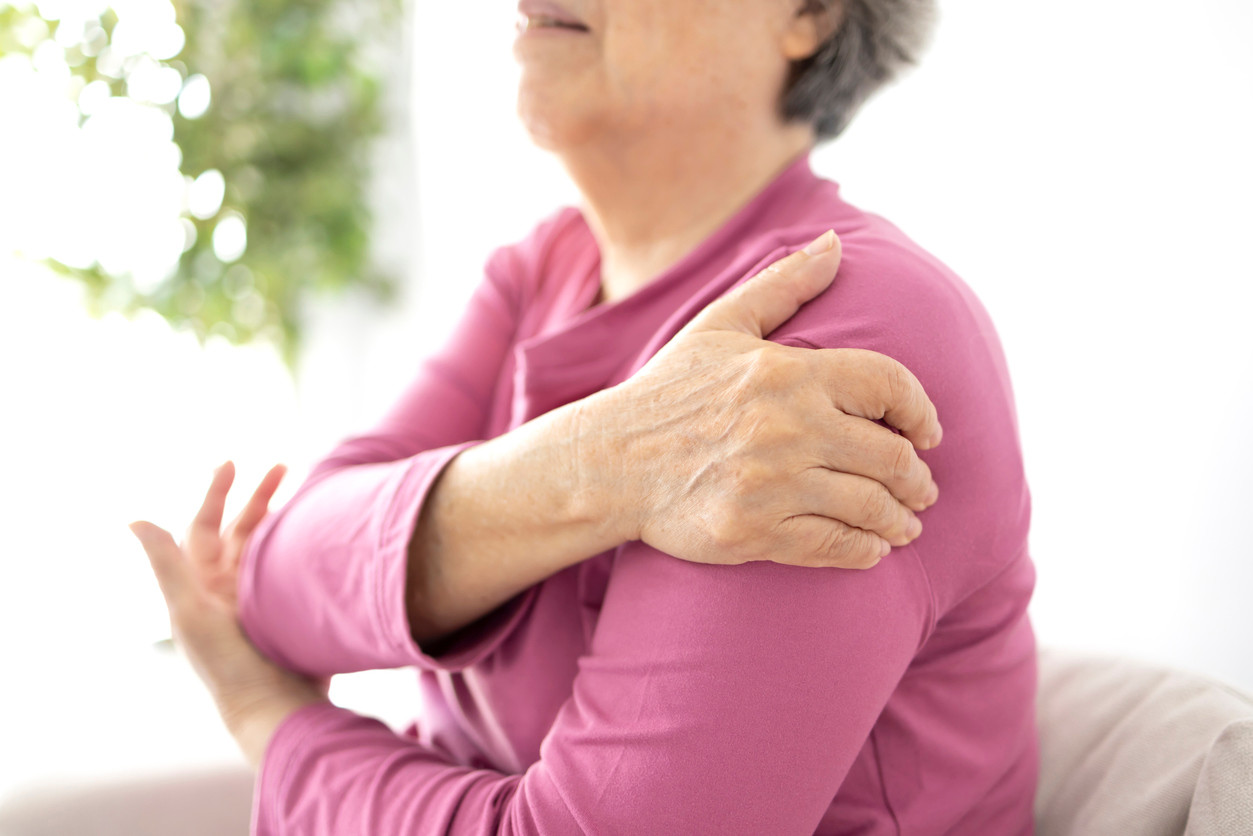Shoulder popping: Why does my shoulder pop sometimes?
Discover what causes shoulder popping when you move it, plus exercises you can do to alleviate any pain and potentially make the popping stop.
0 $ pour vous
Date de publication : Apr 15, 2025
Table des matières
Fully covered arm or shoulder pain relief
Find relief from arm pain, shoulder pain, pinched nerves, & more.
Check if I'm eligibleExercises for shoulder popping
Want expert care? Check if you're covered for our free program →- Wall Slides
- Push Up Plus
- Doorway Stretch
- Bent Over Y
- Scaption
- Resisted Shoulder Internal Rotation
